Table of Contents
Introduction to Generation Z Marketing
How can brands grab the attention and loyalty of Generation Z? Why do we focus on Generation Z? This group, born between 1997 and 2012, has a spending power of $360 billion. Wow! Seems interesting, right? Generation Z is a key audience for many brands, but they are not easily drawn to attention and loyalty. Companies must be cognizant of their values, what they like, and how they live. Since they are critical, having good branding strategies to attract Gen Z is much more needed.
Gen Z likes brands to be very authentic. Typically, if a brand doesn’t seem authentic to them, they quickly move to another. They also look for brands that support social and environmental causes. Engaging with Gen Z on social media is essential to staying relevant. Personalization is key, and they love brands that make them feel special. Quick and efficient customer service also matters a lot to them. This generation loves interactive and visually appealing content, too.

Understanding Gen Z’s Consumption and Behaviour
Generation Z marketing is all about individualism, transparency, and authenticity. They are not like previous generations as they are born with a critical eye. They can easily distinguish between raw and genuine content or forced marketing – they say it is “getting clocked in.” So, brands should be careful what kind of messages they want to deliver as Gen Zers can easily spot something wrong or misleading.
Then again, Gen Zers are very inclusive and diverse. They expect diversity, and brands should create a safe environment for all marginalized groups. For example, social media should do all it can to keep its users safe and secure. Also, brands should be inclusive and diverse in their products or services. An example is that the brand Fenty Beauty has 50 different shades of foundation for all skin colors.
Crafting Communication Strategies
Effective Communication with Generation Z
Effective communication with Generation Z marketing involves changing the brand’s communication strategies to fit the preferences and behaviors of the generation. This means crafting content that is entertaining, engaging, and compellingly shareable across digital platforms.
Leveraging User-Generated Content
Brands could further utilize the power of user-generated content to build a sense of community and inclusivity among Generation Z marketing consumers. By asking users to contribute their own content through reviews, testimonials, or creative expressions, brands can build a space that makes consumers feel valued and a part of the brand’s story. This participatory approach strengthens brand-consumer relationships and increases brand loyalty and advocacy within the Gen Z demographic.
The Power of Interactivity
The interactivity of UGC allows brands to tap into the creativity and diversity of their audience in a way that builds a dynamic and interesting brand presence. By showcasing UGC, brands can give voice to consumers by highlighting unique perspectives and experiences within their community. This adds depth and authenticity to the brand’s story, and it is also an effective marketing tool because consumers are more likely to trust and share peer-generated content.
Building Durable Relationships
Generation Z marketing values authenticity because it is key to building lasting relationships with them. For instance, socially conscious brands that invest in causes beyond the bottom line, like sustainability, are especially appealing to this like-minded generation. Take for example Patagonia, an outdoor clothing company that has a long history of environmental activism and sustainability. For the ethically-minded Gen Z consumer, Patagonia’s commitment to these issues is a key driver of brand loyalty. They mean business, and they mean it.
Addressing the Imbalances in Marketing
The Tone of Generation Z Marketing
Well, you don’t get off that easily. You need to know Gen Z’s marketing tone for success in today’s market. This generation demands truth, which ultimately converts into purchasing decisions that rely on transparency and accountability in brand messages. In addition, Gen Z’s influence extends beyond the individual buying decision to often make decisions for the entire family in virtually every consumer category.
Strategies for Effective Marketing
If your brand is going to be successful in marketing to Gen Z, you have to tailor your content for each platform your audience is using. This means keeping your content short and sweet with bite-sized morsels perfectly suited to mobile consumption. Generation Z Marketing also loves video as it’s the easiest way for marketers to tell stories that will keep this fickle audience engaged. Above all else, be authentic and trust your audience to see through any insincere attempts to pander to them. Using influencers and user-generated content will help with this as well as any attempts to humanize your brand.

Stick with an Omni-Channel Approach
In the era of digital dominance, brands must not overlook the significance of physical retail experiences. Generation Z values both online and offline shopping experiences, highlighting the importance of an omnichannel marketing strategy. By leveraging a mix of digital and physical channels, brands can effectively reach and engage Generation Z Marketing consumers across multiple touchpoints.
Last Words on Branding Strategies to Attract Gen Z
To win the loyalty and engagement of members of Generation Z Marketing, brands must first demonstrate an understanding of their values, tastes, and behaviors. By embracing authenticity, inclusiveness, and transparency above all else, brands can effectively engage Gen Z consumers and set themselves up for success with this highly desirable but difficult-to-reach consumer demographic. With smart branding strategies in place with the help of a business branding agency, brands can realize the incredible spending potential of Generation Z and build the relationships they need to achieve strong long-term growth and profits.


